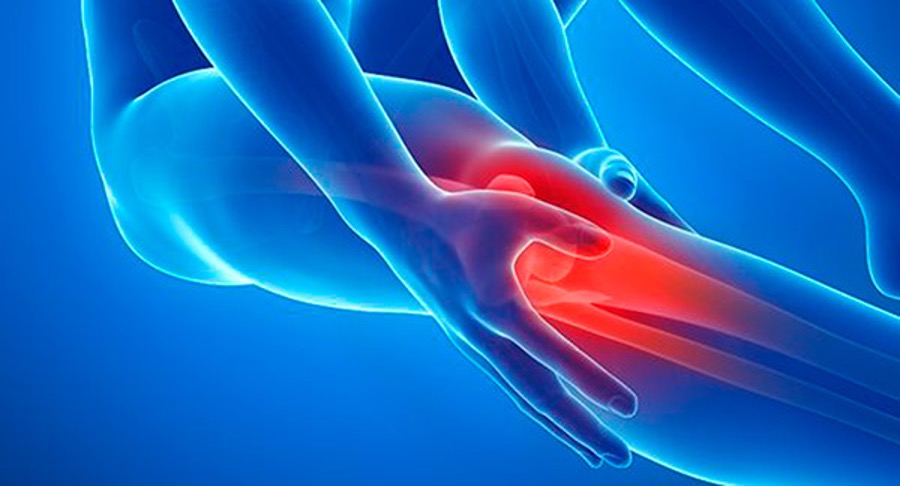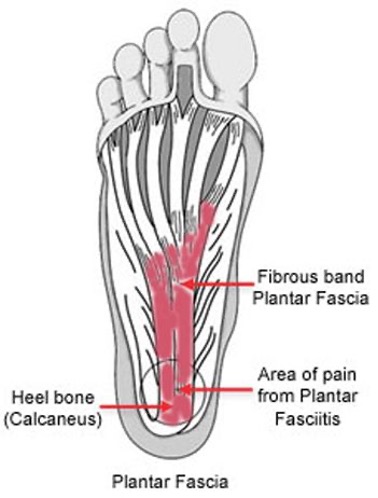The Cancer Council of Australia defines prostate cancer as when abnormal cells develop in the prostate gland and grow in an uncontrollable way, forming a malignant tumour. It is the most commonly diagnosed cancer in Australia.
There are two types of prostate cancer:
- Contained within the prostate gland and therefore has not spread beyond the gland.
- Not contained within the prostate gland, whereby the cancer cells have grown outside the gland to nearby parts of the body or glands close. In the more advanced stage, the cancer spreads to distant parts of the body.
According to the Australian Institute of Health and Welfare, the number of new cases of prostate cancer last year in Australia was just under 25 000 males, with the average age at diagnosis being 69 years of age. Approximately, one in six males will be diagnosed by the time they are 85.
In most cases, early prostate cancer often does not cause any symptoms. Advanced prostate cancer symptoms can include:
- Frequent urination
- Unable to empty the bladder completely
- Difficulty in initiating a flow of urine
- Dribbling of urine throughout the day
- Pain while urinating
- Blood in the urine
- Pain in the back and/or the pelvis
- Weakness in the legs and/or the feet
- Unexplained weight loss
- Fatigue
There are several ways to diagnose prostate cancer. If you or your doctor suspect cancer, there are various tests that can be organised to confirm such.
Depending on the severity, there are numerous different ways to treat prostate cancer. These can vary from active surveillance to surgery, and several other options.
In a recent study published in The Medical Journal of Australia, it was reported that of 768 cases, 305 or 40% of patients had surgery. Of the 40%, the most common symptom reported after having the procedure was urinary leakage.
A weak or damaged pelvic floor can contribute to this often embarrassing complaint. A Physiotherapist can accurately assess the quality of the pelvic floor contraction using a Real-Time Ultrasound machine. From this, a strengthening program can be commenced, which can improve the contraction, and can assist in reducing the symptoms. The advantage of the Real Time Ultrasound is the machine can also provide immediate feedback to ensure the quality of the contraction during the strengthening exercise.
Next Generation Physiotherapy offers this service. To make an appointment, either call 9203 7771 or visit www.ngp.net.au.
References:
- The Cancer Council of Australia, Types of Prostate Cancer:
https://www.cancer.org.au/cancer-information/types-of-cancer/prostate-cancer - Australian Institute of Health and Welfare, Cancer: https://www.aihw.gov.au/reports/australias-health/cancer
- The Medical Journal of Australia, Healthcare utilization among women who undergo surgery for stress urinary incontinence: https://pubmed.ncbi.nlm.nih.gov/15167992/




